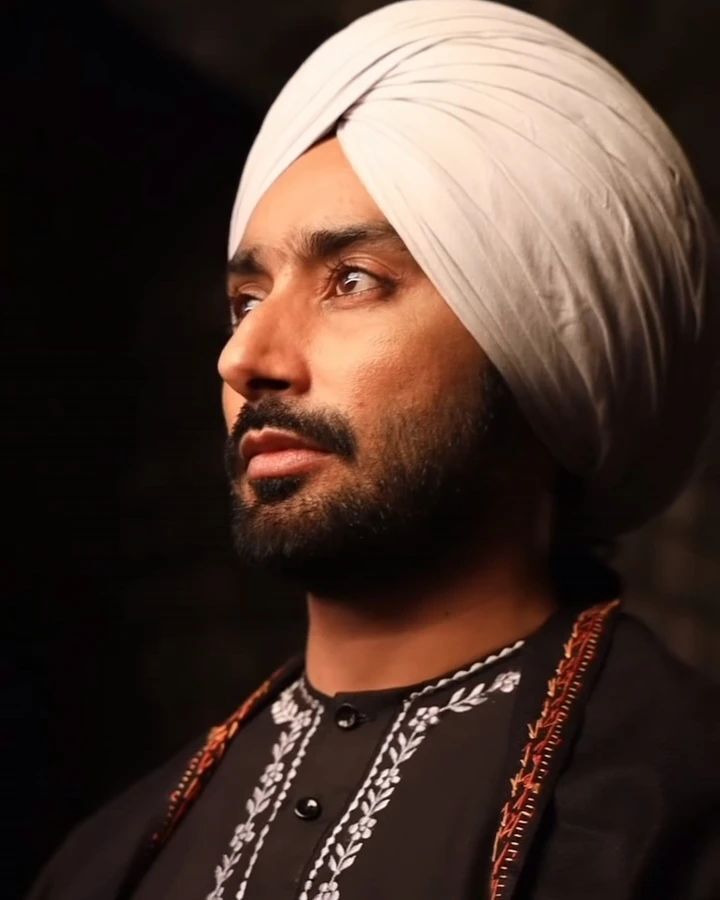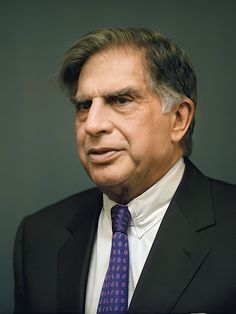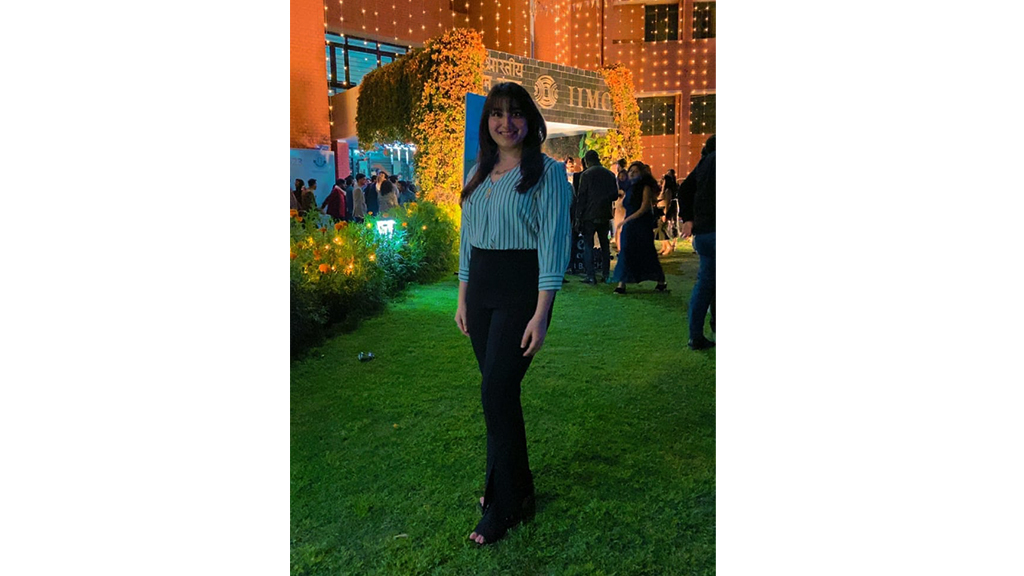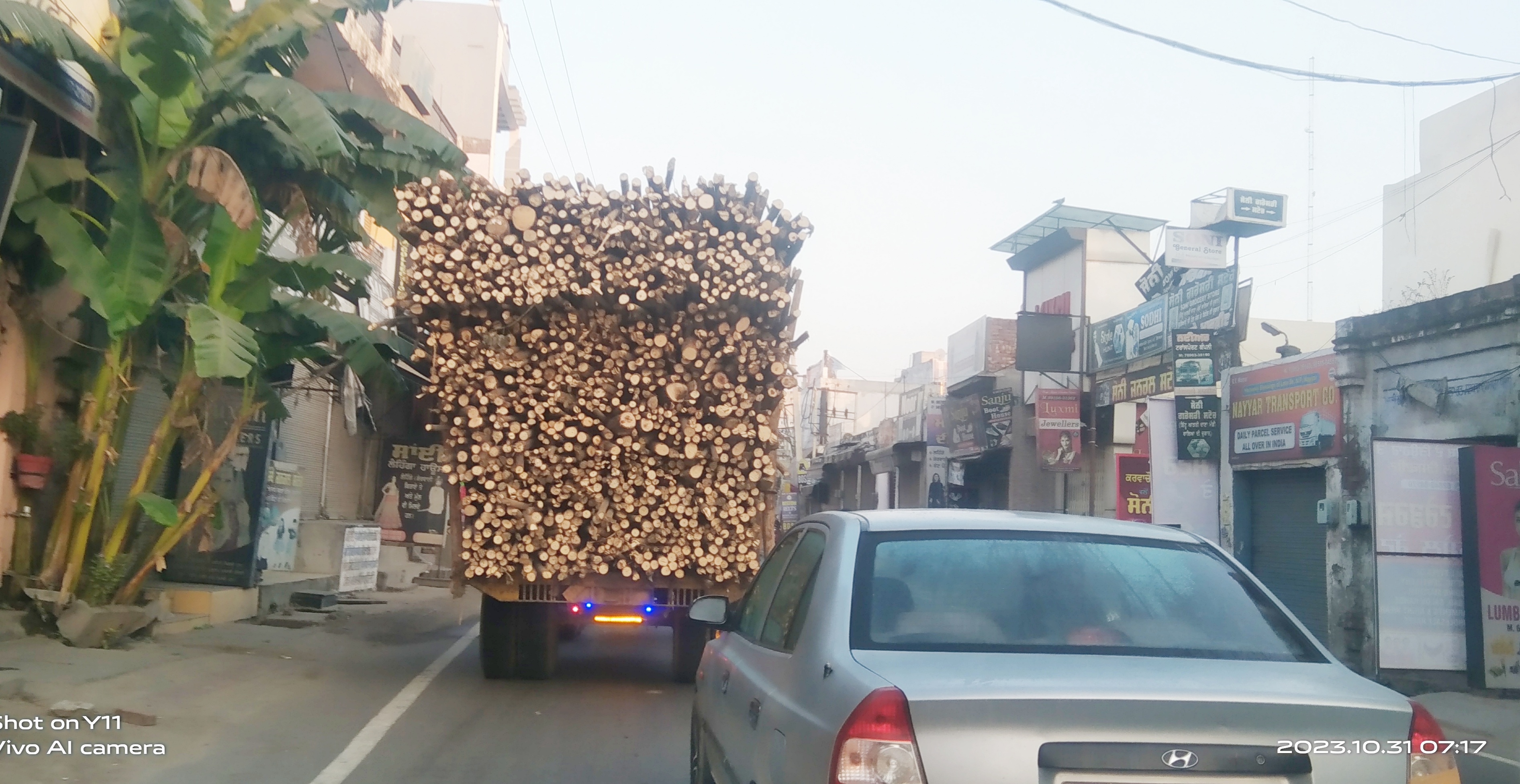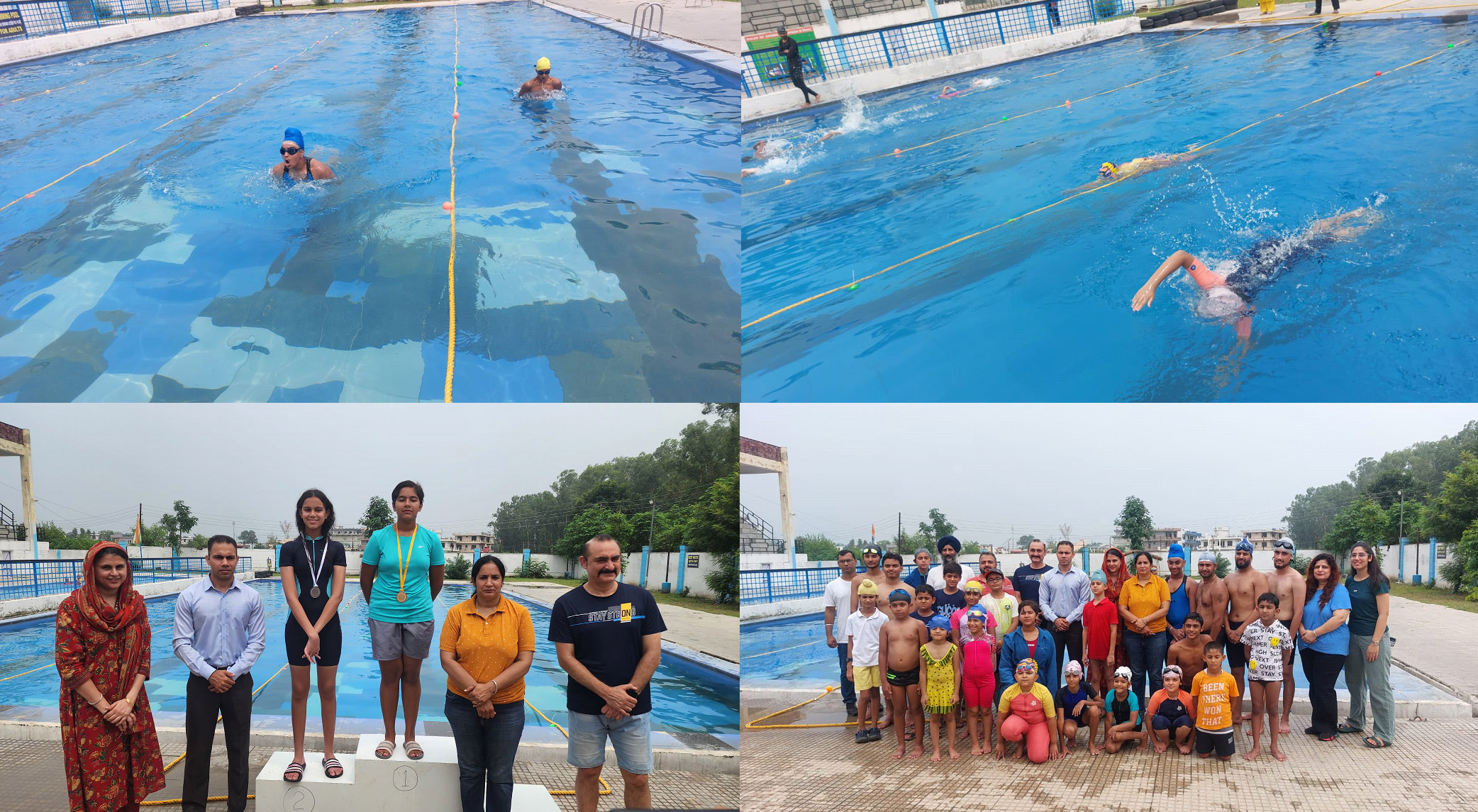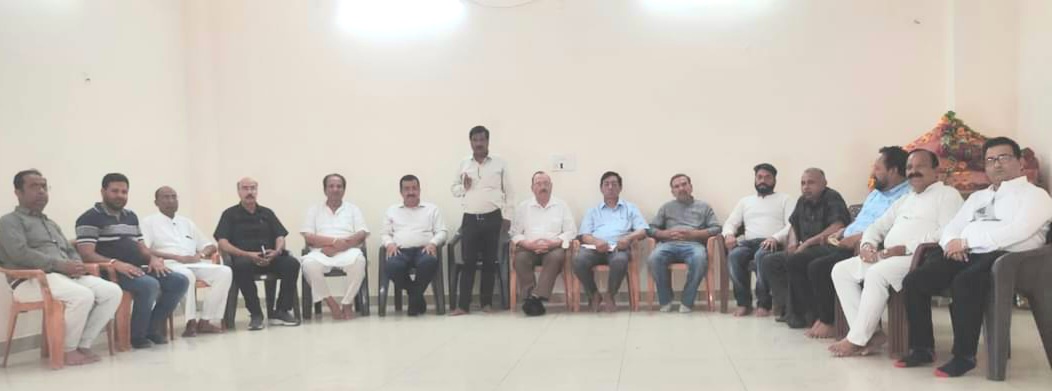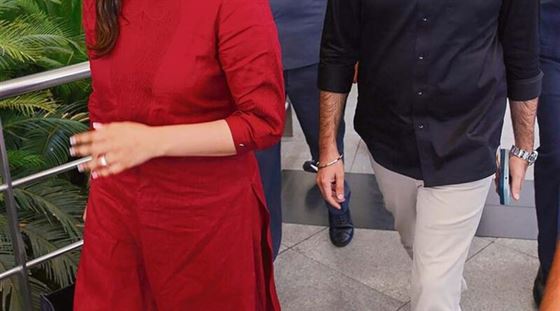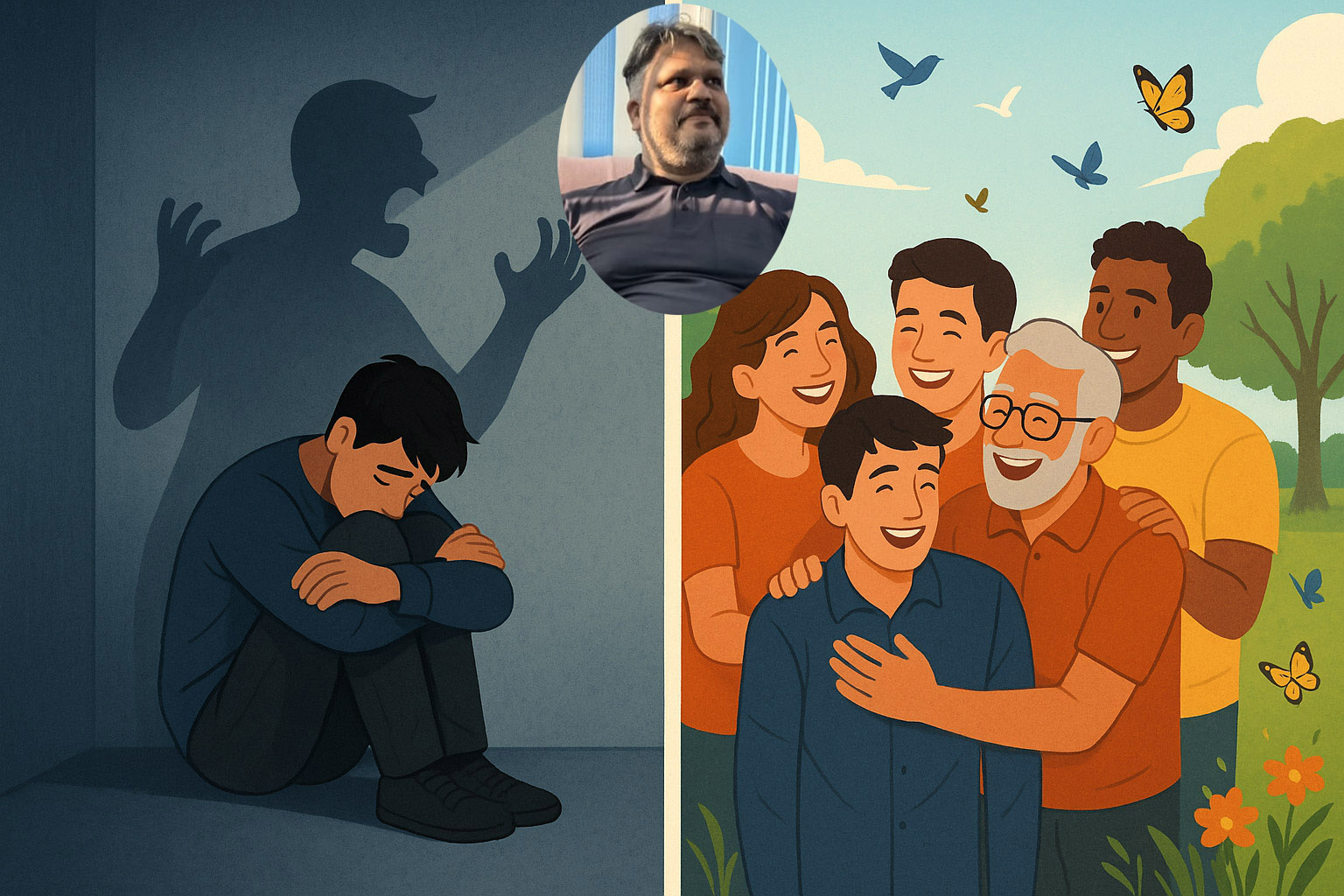
The Need to Listen to the Pain of Our Youth
In the past few weeks, many young individuals in and around Chandigarh have died by suicide. Yet, this deeply sensitive news likely went unheard by most people. Seventeen — this is not just a number. These are shattered families, dreams that will never come true, and stories left incomplete. The silence surrounding these incidents tells us a harsh truth: we are living in a world where young people are breaking down from within, but their cries repeatedly go unheard.
In the past few weeks, many young individuals in and around Chandigarh have died by suicide. Yet, this deeply sensitive news likely went unheard by most people. Seventeen — this is not just a number. These are shattered families, dreams that will never come true, and stories left incomplete. The silence surrounding these incidents tells us a harsh truth: we are living in a world where young people are breaking down from within, but their cries repeatedly go unheard.
Today’s youth is caught in an invisible war — between the pressure to succeed and the fear of failure. The competition to display a glamorous life on social media has silenced their real inner emotions. In this fast-paced world, there is a race to keep moving forward, but no room for feelings. Expectations have increased, but emotional support to meet them is missing. From childhood, the emphasis is on marks, performance, exams, getting a good job, and fulfilling parents’ expectations — all running in a loop without pause. This pressure becomes so overwhelming that they never feel complete within themselves.
These youngsters are not taught how to share their pain. We often dismiss their emotions lightly: “It’s just a phase,” or “Everything will be fine.” But such statements can be deadly for someone going through a difficult time. Children are not taught how to deal with failure, defeat, or despair — all they receive is a sense of incompleteness. Gentleness is misunderstood as weakness. Therapy is still seen by many as a “last resort,” rather than a healthy approach.
Some encouraging steps have been taken by the government. The Centre has started support services through digital platforms. Help is available via helpline numbers. Some states have launched pilot counselling projects in schools, and in a few places, mental health curriculums are being introduced. But these services are still quite limited. In villages and small towns, their reach is nearly negligible.
The government must recognize that mental health is just as important as physical health. Every school and college should have licensed and experienced counsellors. Each district should have counselling centers that are accessible and affordable for the general public. Mental health campaigns should not be one-day or one-time events but should continue year-round, using multiple languages and media platforms. Therapy should be included in insurance coverage.
But policies alone are not enough. Our mindset also needs to change. Parents should speak to their children with empathy and listen without immediately jumping to conclusions. Teachers need to understand that a student’s silence is often the loudest scream. Friends must move beyond just asking “How are you?” and genuinely try to understand what’s hidden behind the words. Sometimes, just being there for someone — without preaching — can be the greatest support.
If you are suffering inside, know this: you are not alone. Your pain is valid. You do not have to carry this burden all by yourself. Crying, being afraid, feeling fragile — all of this is normal. Ask for help. Talk to a friend, a parent, or a counsellor. If one door is closed, knock on another. Keep trying. And if you know someone who is silently struggling, go to them. Ask, share their pain, and listen.
Let these lives not just become another number. Let this be our moment of awakening. Let’s create a world where asking for help is normal — not something to be ashamed of. Healing begins by speaking, by listening, and by being honest. We can begin to build a future where no one suffers silently, and no one feels alone.
— Davinder Kumar

